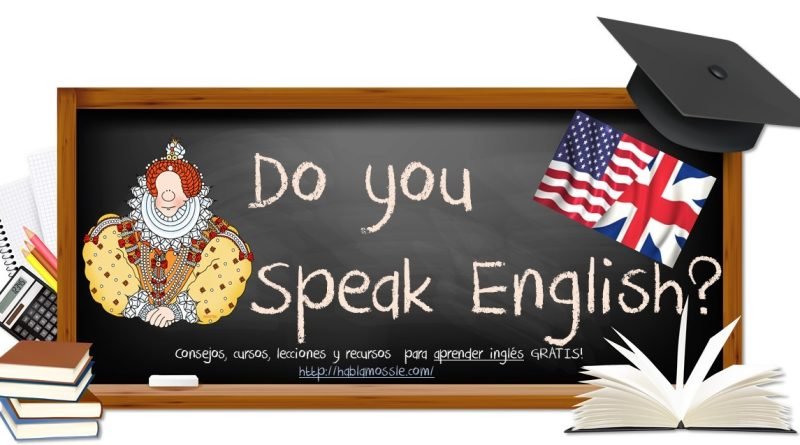TO BE: el verbo más famoso en pasado, presente y futuro
¿Quieres aprender a usar correctamente el verbo to be en inglés? En este vídeo te enseñaremos de forma clara y sencilla cómo se utiliza este verbo tan importante en presente, pasado y futuro, con ejemplos en frases afirmativas, negativas e interrogativas.
El verbo to be significa ser o estar y es uno de los primeros verbos que necesitamos dominar para comunicarnos en inglés. Saber usarlo bien te ayudará a presentarte, hablar de cómo te sientes, describir a otras personas o situaciones y construir frases básicas en cualquier tiempo verbal.
En este vídeo repasaremos:
La conjugación del verbo to be en presente simple (am, is, are).
El uso en pasado simple (was, were).
La forma en futuro simple (will be).
Verás explicaciones claras, ejemplos prácticos y comparaciones entre afirmaciones, preguntas y frases negativas. Todo explicado paso a paso y en español, para que no te pierdas nada.
¡Dale play, aprende y pon a prueba tu inglés y no te olvides de repetir los ejemplos!
Vamos a repasar usos y conjugación del verbo TO BE
1. Presente (Present Simple)
Afirmativa
I am (yo soy/estoy)
You/we/they are (tú/ustedes/nosotros/ellos son/están)
He/she/it is (él/ella/eso es/está)
Ejemplos:
I am happy. → Yo estoy feliz.
She is a student. → Ella es estudiante.
They are at home. → Ellos están en casa.
Negativa
I am not … (I’m not)
You/we/they are not … (aren’t)
He/she/it is not … (isn’t)
Ejemplos:
I’m not tired. → No estoy cansado.
He isn’t my brother. → Él no es mi hermano.
We aren’t ready. → No estamos listos.
Interrogativa
Am I …?
Are you/we/they …?
Is he/she/it …?
Ejemplos:
Are you OK? → ¿Estás bien?
Is she at school? → ¿Está ella en la escuela?
2. Pasado (Past Simple)
Afirmativa
I/he/she/it was (yo/él/ella/eso fui, era, estuve)
You/we/they were (tú/ustedes/nosotros/ellos fueron, eran, estuvieron)
Ejemplos:
I was late. → Llegué tarde.
They were at the park. → Ellos estaban en el parque.
Negativa
I/he/she/it was not (wasn’t)
You/we/they were not (weren’t)
Ejemplos:
She wasn’t at home. → Ella no estaba en casa.
We weren’t busy. → Nosotros no estábamos ocupados.
Interrogativa
Was I/he/she/it …?
Were you/we/they …?
Ejemplos:
Was it cold yesterday? → ¿Hacía frío ayer?
Were they happy? → ¿Estaban ellos contentos?
3. Futuro (Future Simple)
En el futuro usamos will + be.
Afirmativa
I/you/he/she/it/we/they will be …
Ejemplos:
I will be there tomorrow. → Estaré allí mañana.
They will be happy. → Ellos estarán felices.
Negativa
I/you/he/she/it/we/they will not be … (won’t be)
Ejemplos:
He won’t be late. → Él no llegará tarde.
We won’t be busy. → No estaremos ocupados.
Interrogativa
Will I/you/he/she/it/we/they be …?
Ejemplos:
Will you be at home later? → ¿Estarás en casa más tarde?
Will they be ready? → ¿Estarán listos?
